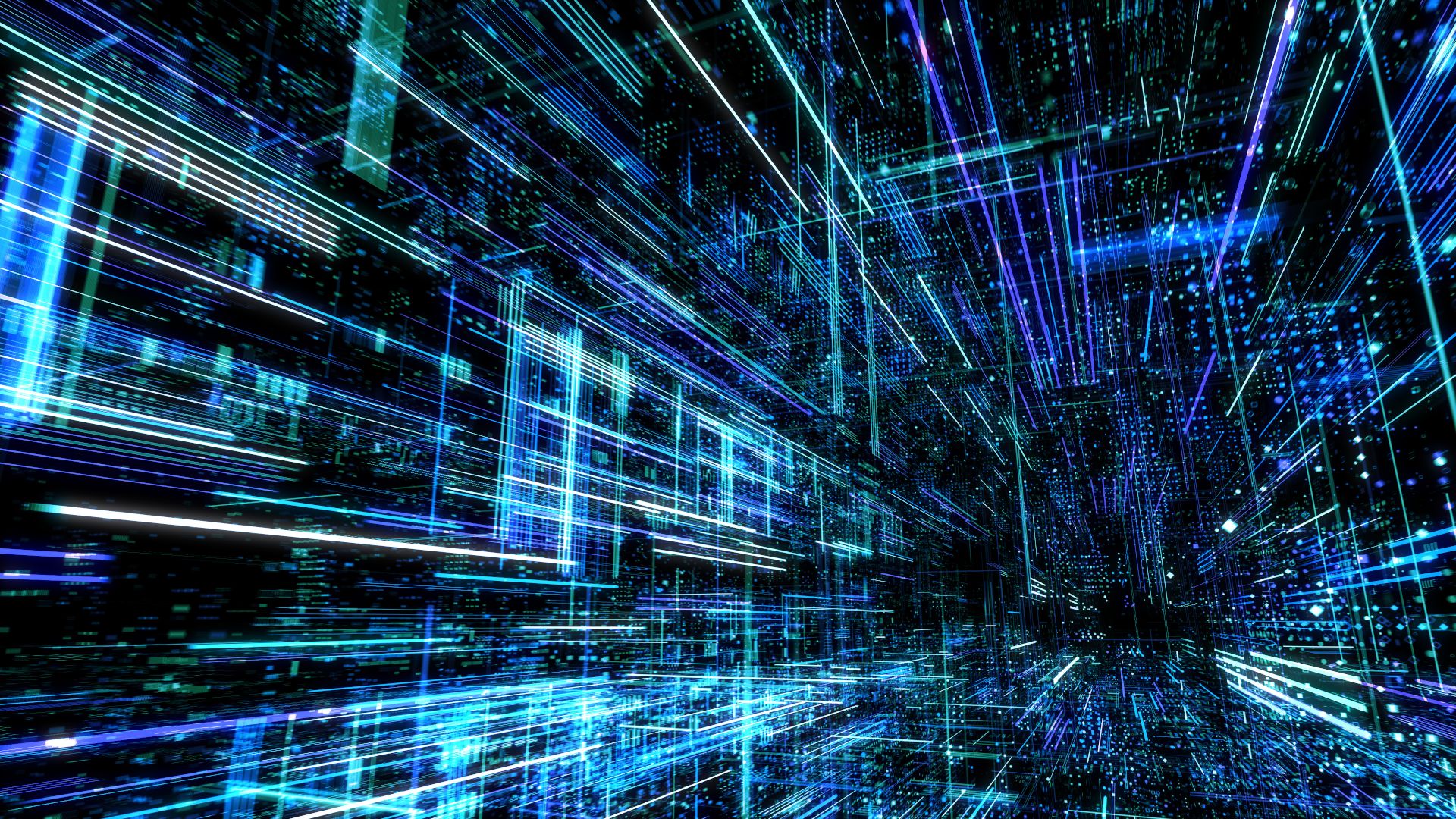Rogers Brubaker argues that “digital hyperconnectivity has changed just about everything.” He is a distinguished professor of sociology at the University of California, Los Angeles and the author of numerous books, including his latest, “Hyperconnectivity and Its Discontents.” He joined Riada Asimovic Akyol on the Wider Angle podcast for a conversation about the various transformations brought about by this hyperconnectivity.
For Brubaker, the “hyper” in “hyperconnectivity” means that “everyone and everything is connected to everyone and everything else everywhere and all the time.” While digital connectivity has a much longer history, he argues that hyperconnectivity dates to the end of the last decade, pointing to the start of nearly universal use of smartphones and social media in advanced societies.
Brubaker argues that, despite the disappointment with the political and economic consequences of hyperconnectivity, there is still a vibrant enthusiasm about digital culture. But he thinks that we need to look critically at the excitement about the abundance of digital culture, including its democratizing effects on society.
Brubaker shares his ideas about what a genuine democratization of cultural creativity and politics could look like, how hyperconnectivity has transformed how we learn politically relevant knowledge, and what the emergence of a new social infrastructure — especially in light of the COVID-19 pandemic — may mean.
The program is available wherever you listen to podcasts or on New Lines’ YouTube channel here.
Wider Angle is produced and hosted by Riada Asimovic Akyol.
Sign up to our mailing list to receive our stories in your inbox.


